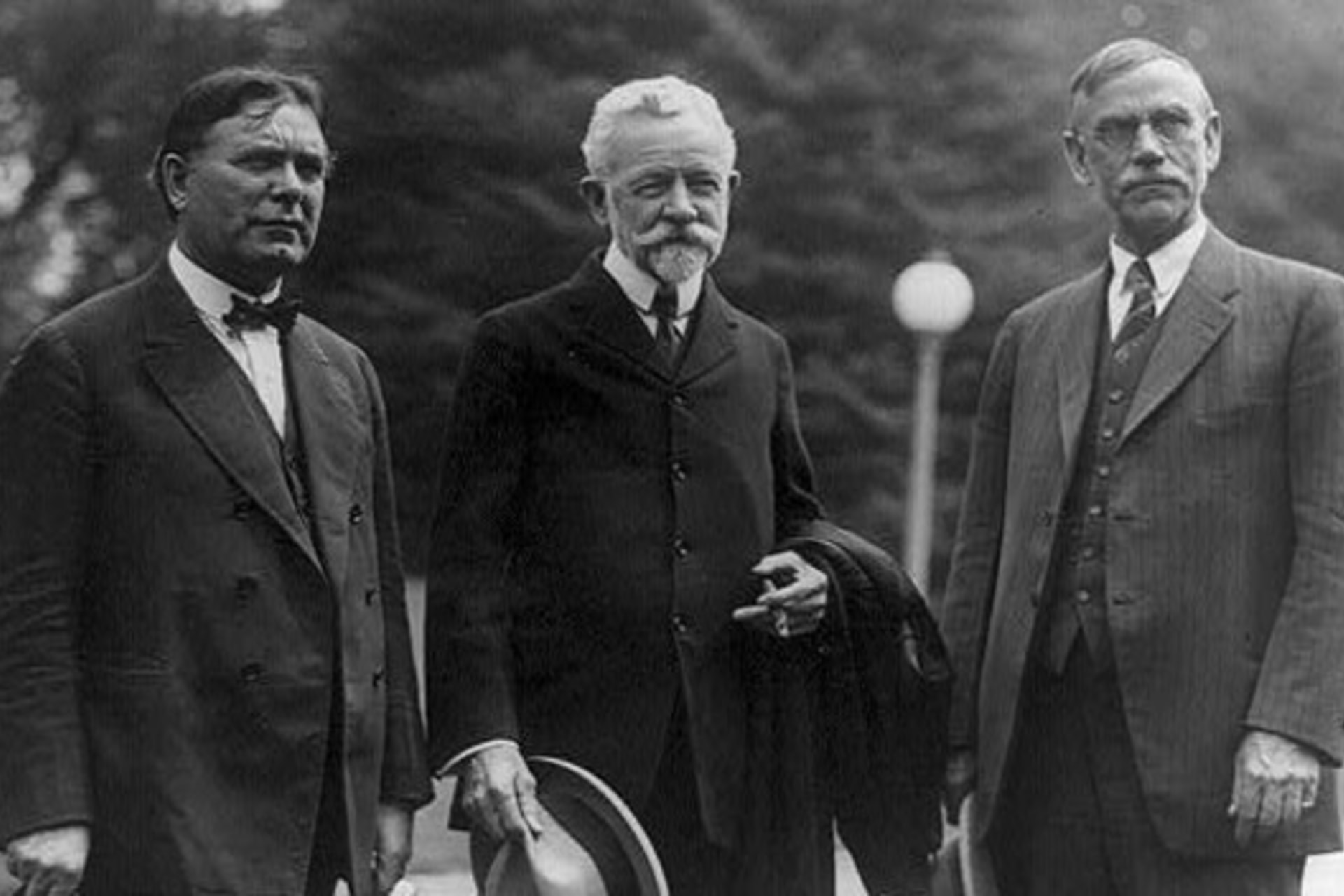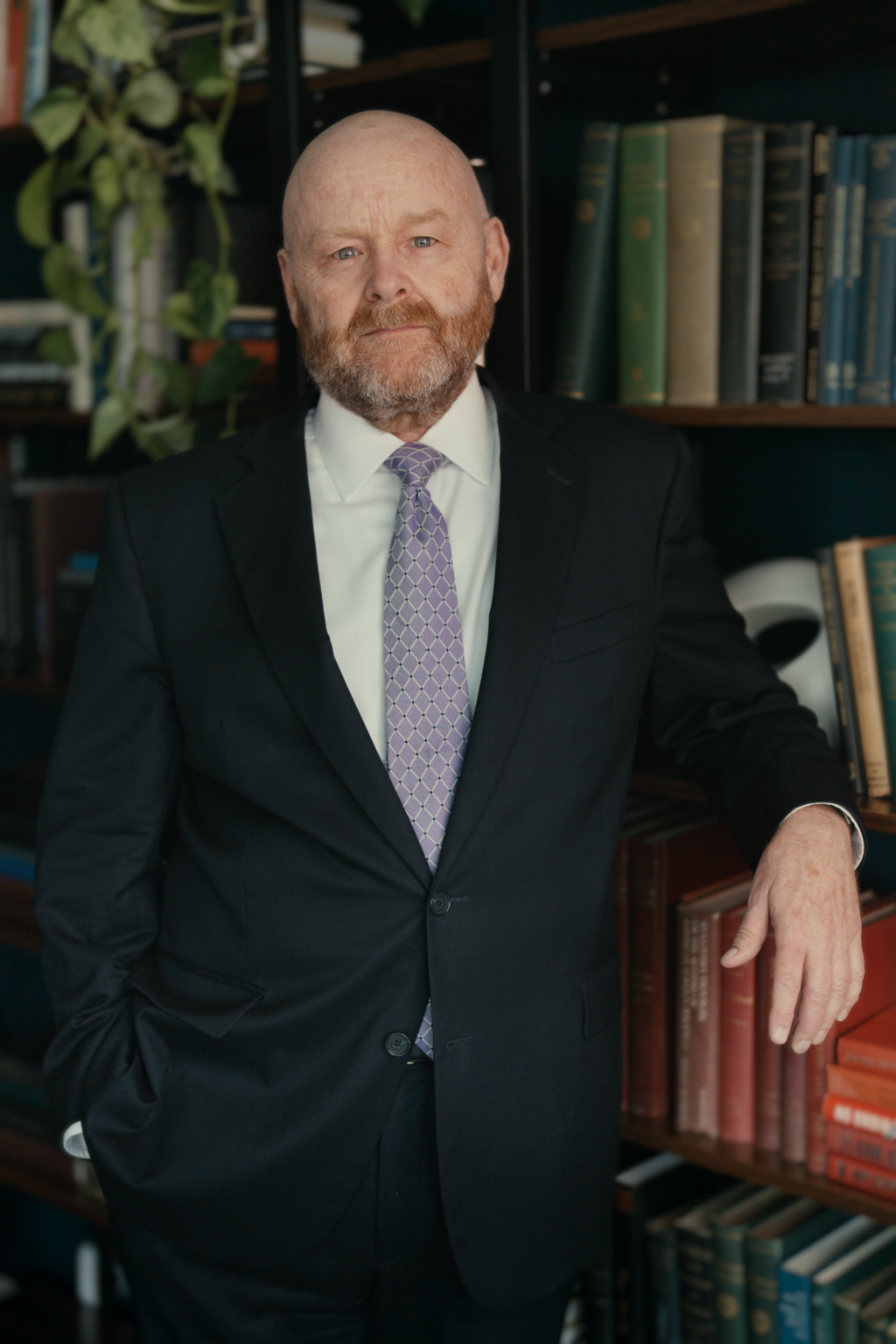The Treaty of Versailles Remembered

By experts and staff
- Published
Experts
![]() By James M. LindsayMary and David Boies Distinguished Senior Fellow in U.S. Foreign Policy
By James M. LindsayMary and David Boies Distinguished Senior Fellow in U.S. Foreign Policy
Today marks the anniversary of the Senate vote to reject the Treaty of Versailles. I am flagging the vote not because it was one of the pivotal moments in the history American foreign policy, though it was, or because it indirectly helped lead to the creation of the Council on Foreign Relations, though it did. I flag the treaty’s defeat because we continue to hear its echoes today.
First the politics of the treaty vote. As I discussed in an earlier post, Republicans were spitting angry with President Wilson for trying to use the war to help Democrats in the 1918 midterm elections. In addition, Sen. Henry Cabot Lodge, the chair of the Senate Foreign Relations Committee, detested Wilson, who returned the feeling with equal fervor.
Historians still debate whether Lodge always intended to kill the treaty. Even if he didn’t the dynamics of the Republican Party pushed him in that direction. Lodge feared a repeat of 1912, when Republicans splintered between William Howard Taft and Teddy Roosevelt, allowing Wilson to win the presidency. Lodge’s fellow Republicans played on his fears, leading him to lament that his colleagues were speaking to him in language that “no man my age should be obliged to hear.” Sen. Mitch McConnell no doubt feels some kinship with Lodge.
Lodge did not attack the treaty directly. He instead sought, as the historian Robert Ferrell put it, to “prolong the preliminaries and to delay the Senate’s advice and consent to the treaty until American opinion came to his side.” He began by taking two weeks to read the treaty out loud, sometimes to an empty committee chamber. He then called for public hearings, an unprecedented action at the time for a treaty, which lasted six weeks. (Jon Kyl was not the first senator to slow play the White House.) Then Lodge generated a list of Fourteen Reservations designed to “improve” the treaty, though Wilson believed the reservations effectively gutted his handiwork.
The intellectual dispute at the heart of the Treaty of Versailles was as important as the partisanship that animated it. The treaty debate is often and incorrectly described as pitting isolationists against internationalists. Some senators did want to ignore the outside world. But they were a minority. Most senators recognized that “internationalism has come,” as Democratic Sen. Gilbert Hancock put it, “and we must choose what form the internationalism is to take.”
For Wilson, that internationalism meant international law and collective security. For Lodge and others it meant maximizing America’s freedom to act. “What we want,” said Sen. William E. Borah, perhaps the most implacable foe of what he called Wilson’s “treacherous and treasonous scheme,” is “a free, untrammeled Nation, imbued again with the national spirit; not isolation but freedom to do as our own people think wise and just.” Lodge put the same point more darkly when he asked his fellow Americans “Are you willing to put your soldiers and your sailors at the disposition of other nations?”
The split between those who see America’s salvation in joining with others and those who prefer to zealously preserve America’s sovereignty has never been closed. The Cold War era suppressed the debate because the Soviet threat virtually compelled the United States to pursue collective action. But the debate returned with a vengeance after the fall of the Berlin Wall, and it lies at the heart of the debate over the New START Treaty. Sometimes the past is prologue.
